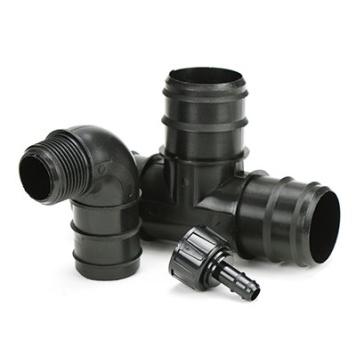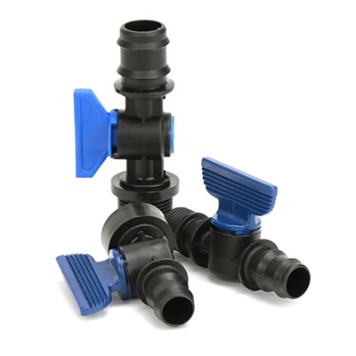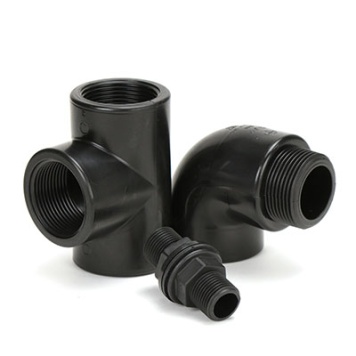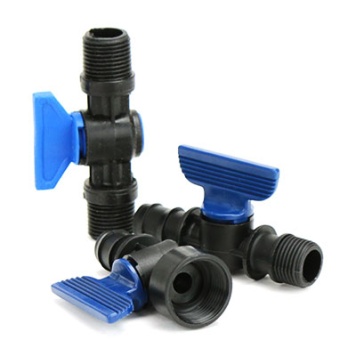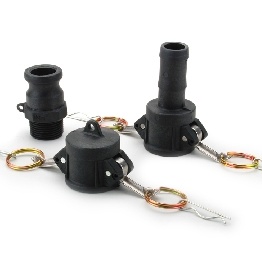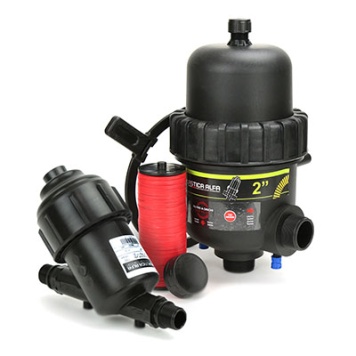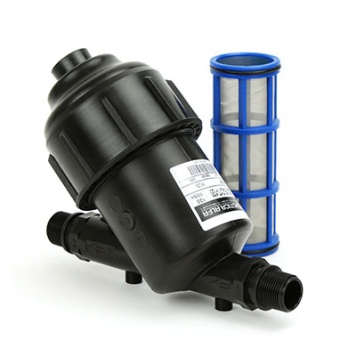- Home
- Polypropylene
Polypropylene
Polypropylene (PP) is a lightweight, durable thermoplastic polymer commonly used in fluid handling systems due to its robust physical and chemical properties. As a non-toxic and chemically inert material, it is especially suitable for applications involving potable water, wine, and other alimentary fluids.
Available in a variety of barbed and threaded fittings, polypropylene components are easy to install and adapt to a broad range of systems. Their resistance to corrosion and low maintenance needs make them a cost-effective solution for industries such as agriculture, food processing, water treatment, and chemical handling.
Pipestock offers one of the largest selections of polypropylene fittings and valves online, providing quality options for both specialist and general-purpose fluid conveyance.
Key Properties
- Chemical Resistance: Unaffected by a wide range of acids, alkalis, and solvents, making it ideal for both industrial and domestic fluid systems.
- Non-Toxic & Food Safe: Approved for use with drinking water and food-grade liquids, supporting hygienic conveyance without contamination.
- Mechanical Strength: Offers good impact resistance and dimensional stability, even under mechanical stress.
- Thermal Performance: Suitable for temperatures typically up to 100°C, with high resistance to heat distortion.
- Low Density: Lightweight for easy handling and installation without compromising on strength.
- Low Moisture Absorption: Maintains structural integrity in humid or wet environments.
Is Polypropylene Plastic?
Specifically, it is a thermoplastic polymer made from the monomer propylene. As a plastic, it becomes soft when heated and hard when cooled, allowing it to be moulded into various shapes and products. Polypropylene is widely used in both industrial and consumer applications due to its:
- High chemical resistance
- Durability and toughness
- Lightweight nature
- Non-toxic, food-safe properties
It is commonly used to manufacture pipes, fittings, valves, packaging, medical devices, and automotive parts, making it one of the most versatile and widely produced plastics in the world.
Is Plastic And Polypropylene the same?
Plastic is a general term for many synthetic materials made from polymers (like PVC, PE, PET, PP).
Polypropylene (PP) is one specific type of plastic.
Key Differences:
- Plastics include many types; polypropylene is just one of them.
- Polypropylene is made from propylene monomers.
- PP melts at around 130–170°C and has good heat resistance.
- PP is highly resistant to chemicals like acids and solvents.
- Plastics are used in many industries; PP is common in pipes, fittings, and food containers.
- Recyclability varies for plastics; PP is recyclable (resin code #5).
- PP is usually rigid and opaque.
- Polypropylene is generally low-cost and widely available.
IMPORTANT: The technical data given on this website is for preliminary information purposes only and is published without guarantee. All line drawings are for illustrative purposes only and should not be regarded as wholly accurate in every detail. We reserve the right to withdraw or to alter the specification of any product without notice. For more information, please consult our Terms of Business.
If you require any further information, our excellent customer service team is here to help so please call us on 01794 835835.


